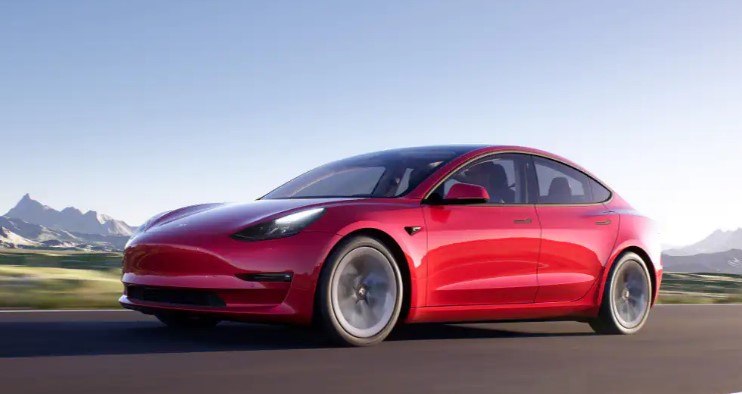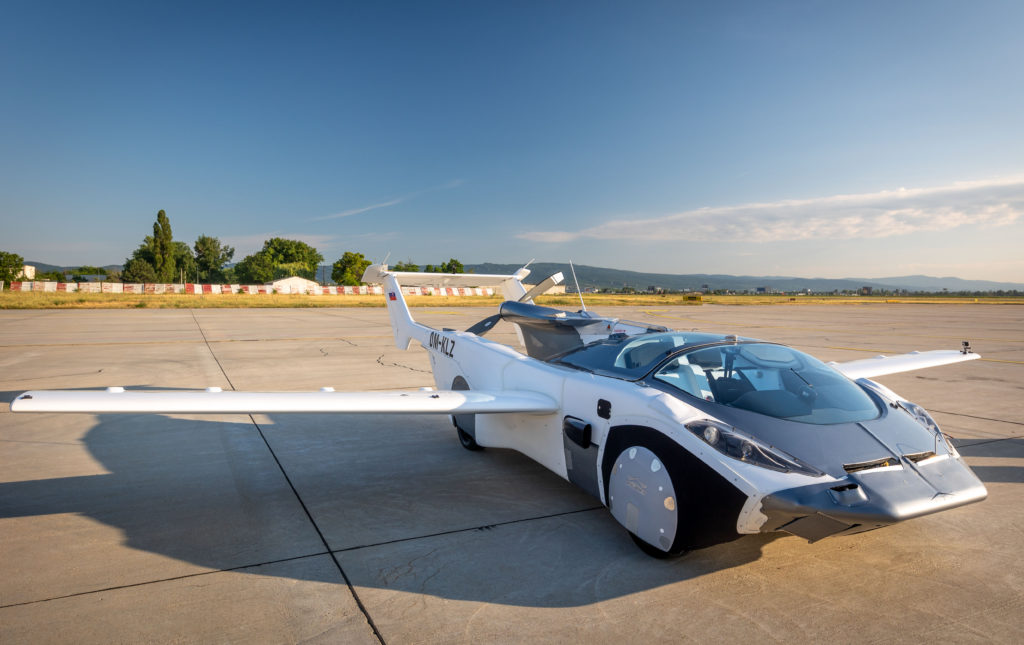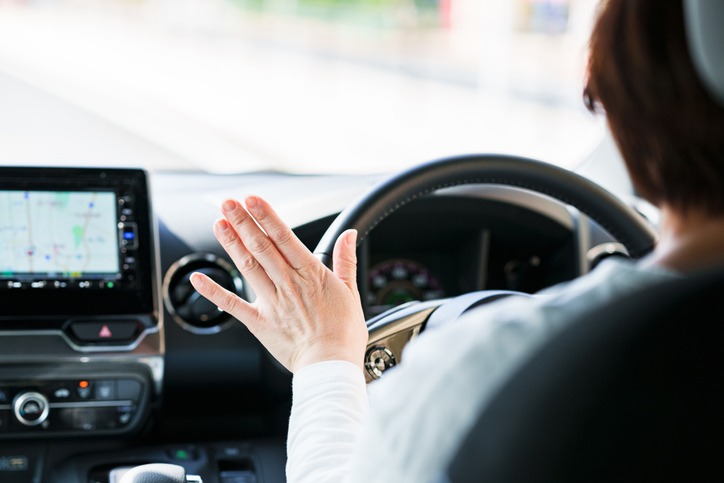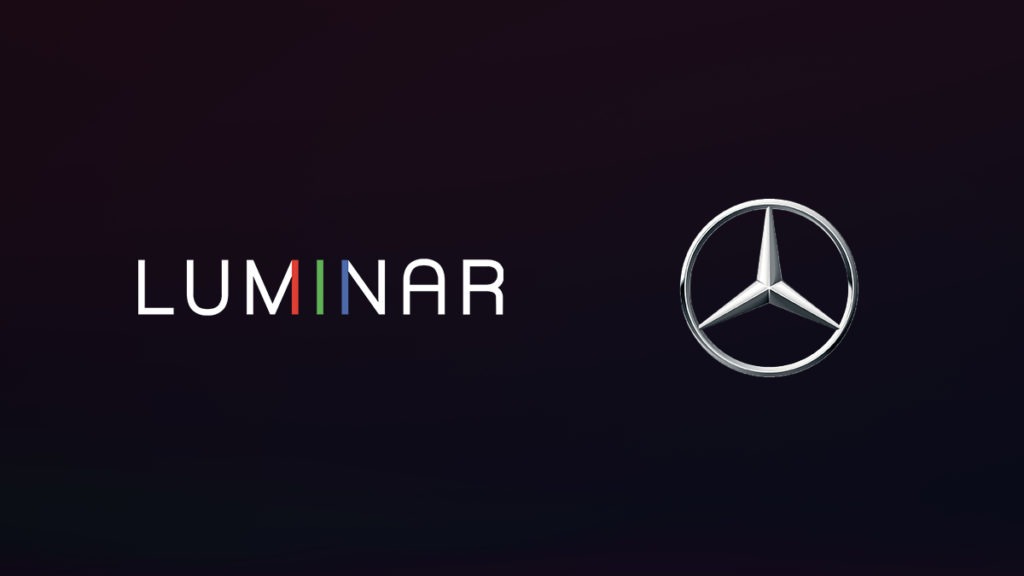Nearly 54,000 Teslas recalled in the US due to self-driving ‘rolling stops’
03 February 2022

The thought of a cold, unfeeling, autonomous vehicle following lines of code instead of ethical codes might be frightening. But what if a ‘self-driving’ car behaved like a human, functioning more contextually and perhaps even outside of the law? Then those models risk getting recalled.
In the US, Tesla is ‘recalling’ 53,822 vehicles because of a feature that can allow its cars to roll past stop signs. While this manoeuvre is relatively common, it is illegal in many US states. Documentation published by the National Highway Traffic Safety Administration (NHTSA) confirms the move effects S, X, 3, and Y models built between 2016 and 2022.
Seven criteria
But how was the feature supposed to function? The NHSTA explains a Tesla with firmware 2020.40.4.10 or above, could travel through ‘all-way-stop intersections’ once the following seven conditions are met:
- Functionality must be enabled in the ‘Full Self-Driving’ (FSD) beta settings; and
- Vehicle must be approaching an all-way stop intersection; and
- Vehicle must be travelling below 5.6mph; and
- No relevant moving cars are detected near the intersection; and
- No relevant pedestrians or bicyclists are detected near the intersection; and
- There is sufficient visibility for the vehicle while approaching the intersection; and
- All roads entering the intersection have a speed limit of 30 mph or less.
Provided these requirements are met, the car could travel through the all-way-stop intersection at a speed from 0.1mph (0.02kph) up to 5.6mph, without first coming to a complete stop. A letter from the desk of Alex Ansley, chief of the recall management division at the Office of Defects Investigation stated, ‘failing to stop at a stop sign can increase the risk of a crash.’
A timeline
Released on 20 October 2020, select Tesla owners first got access to firmware 2020.40.4.10 through an over-the-air-update (OTA). This introduced the ‘rolling stop’ feature through the FSD system, which is still in a beta test phase.
On 10 January this year, the carmaker met with the NHTSA to discuss the function and its parameters. Just 10 days later, a voluntary recall was issued to disable the feature, beginning with firmware 2021.44.30.15 and newer releases.
Tesla is not currently aware of any collisions, injuries, or fatalities related to the FSD beta. The issue looks to reside within the legality of not coming to a full stop, and concern over an increased risk of collision.
But addressing the issue should be more straightforward than with a traditional recall where an OEM would physically amend features. Instead, Tesla will be able to disable the feature via a software update, free of charge to users.
Musk and the media
After the recall hit headlines, Tesla CEO Elon Musk took to Twitter to express his thoughts on the coverage. After the Associated Press ran a story headlined: ‘Tesla recall: “Full Self-Driving” software runs stop signs’, the executive said the piece’s author was ‘a lobbyist, not a journalist.’
Musk went on to say that ‘there were no safety issues.’ He wrote that the car slowed to around 2mph and continued forward if there was a clear view with no cars or pedestrians. The company might have used a press relations (PR) team to issue a statement on the recall, but as reported by Electrek in 2020, this looks to have been disbanded.



